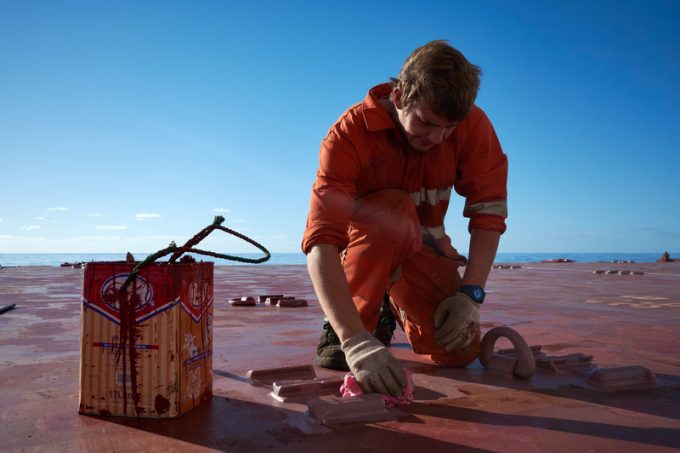New rules mean the end is nigh for the passenger freighter
Current yields, and incoming rule changes, look set to mark the end of the passenger ...

Major companies are now getting involved in the seafarer crisis. Maersk, Unilever and Procter & Gamble, among others, have called for a solution to the crisis which has led to some 400,000 seafarers stuck on ships – some for as long as 17 months. The UN is urging governments to designate them as key workers to facilitate their movement through borders and ports. Another 400,000 are waiting on shore to relieve them – with little or no pay. Some governments, ...
Keep our news independent, by supporting The Loadstar
Four crew members still missing as Wan Hai 503 continues to burn
Explosions and 'out-of-control' fire reported on Wan Hai box ship
Carrier price hikes hold, driving spot rates higher as space gets scarcer
Crew forced to abandon ship in latest fire on vessel carrying EVs
The Loadstar Podcast | Transport Logistic and Air Cargo Europe 2025
Transpacific rates ease as capacity boost proves too much for trades to digest
Turkish Airlines falls foul of air safety regulations, claims India's aviation authority

Comment on this article